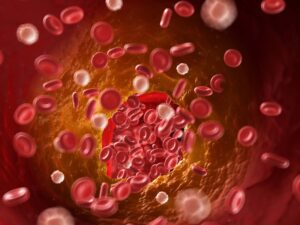Hypertension is one of the leading causes of death worldwide, and the contribution of high blood pressure to morbidity and mortality has remained stable in the last decade, despite considerable advances in treatment of the disease.
In 2018, the European Society of Hypertension / European Society of Cardiology Hypertension Guidelines included elevated heart rate as a factor influencing cardiovascular risk in patients with hypertension. Elevated heart rate is a simple, non-invasive measure of sympathetic nervous system activity, and including this measure in the Guidelines acknowledges the crucial role that sympathetic nervous system overactivity plays in the pathogenesis of cardiovascular disease.
When treatment to control hypertension is unsuccessful, patients can develop heart failure, which is a long-term chronic condition. Beta-blockers are recommended for all patients with stable, symptomatic heart failure to reduce the risk of heart failure hospitalization and death by both the American Heart Association/American College of Cardiology and the European Society of Cardiology guidelines. Newer agents have also been shown to be of value, especially as the heart failure progresses, however, heart failure management remains a challenge for the healthcare community. Discussion of the use of standard, established therapies for heart failure, in combination with newer agents that have just completed clinical trials, particularly for heart failure with preserved ejection fraction (HFpEF), provides insight into safe and effective practice.
This comprehensive learning journey on cardiovascular disease and hypertension has been designed by Scientific Seminars International Foundation to bring together the latest innovations in cardiovascular disease prevention for patients with arterial hypertension, increasing participant knowledge in this area, introducing recent research into cardiovascular risk factors, and discussing the best approach for clinical management of complex hypertensive patients in daily practice.









